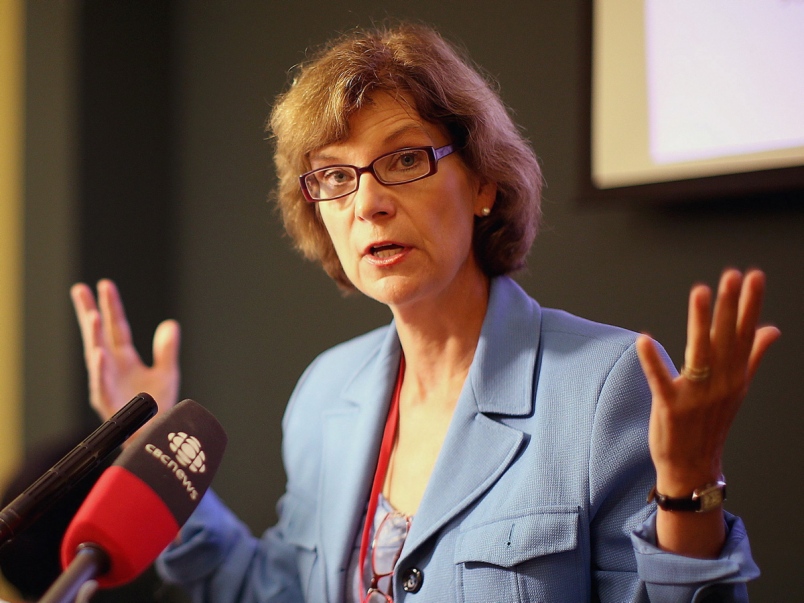BC’s $300 crisis supplement extended for seniors
BC will continue to offer a $300 COVID-19 crisis supplement for low-income seniors, as well as financial support for provincial disability and income clients, the government has announced.
The crisis payments for about 58,000 low-income seniors on the BC Seniors Supplement were introduced by the province in April, and extended in July and will now continue to pay out four more months until December.
COVID-19 isn’t going away any time soon,” said Minister of Social Development and Poverty Reduction Shane Simpson. “Essential costs are increasing in many cases so this is an opportunity to ease that pressure and we see it continuing so we’ll go through December.”
The seniors supplement for a single person is an unfathomably low $49.30 a month, says BC Seniors Advocate Isobel Mackenzie. With the supplement, it becomes $349.30 a month for the lowest-income seniors living on about $19,000 or less a year. For context, a minimum-wage job would bring in about $26,000 a year.
For a senior couple the supplement would be $120.50 and $49.83 for a spouse receiving the federal Old Age Security allowance. The temporary $300 crisis supplement is extended four months September through December to low-income seniors receiving the B.C. Seniors Supplement and income assistance and disability recipients residing in special care facilities.
The B.C. Senior’s Supplement tops up the federal government’s Old Age Security and/or the Guaranteed Income Supplement (GIS).
Mackenzie said the boost is substantial and in her mind hasn’t received the attention it’s due. “It’s very significant for the group of people receiving this money, it’s a lot of money for very low income people.”
“We have to find a way to continue to support these really low income seniors after COVID,” said Mackenzie.
“They were struggling before COVID, and they’re going to struggle after COVID and hopefully this will be a catalyst or a way to address this lowest income group of seniors.”
The B.C. Seniors Supplement is not available to people who are already receiving federal employment insurance or the $2,000 monthly Canada Emergency Response Benefit (CERB).
No low- or no-income people are still disproportionately affected by this pandemic, said Simpson.
The top up considers that seniors are paying more in prescription dispensing fees, additional travel costs for seniors avoiding public transit due to health concerns, and delivery fees for groceries.
Mackenzie said seniors are also spending more on groceries because they can’t shop around for the best prices as they did prior to the pandemic and seniors who relied on accessing the internet for free at public libraries are now having to order internet services.
Earlier this year, Prime Minister Justin Trudeau announced a $2.5 billion one-time, tax-free top-up payment to help 6.7 million seniors absorb costs related to COVID-19.
For April to June 2020, the maximum combined payment from OAS plus GIS is $1,514.78. The maximum for OAS is $613.53 and the maximum for GIS is $916.38 per month, for a single person.
The federal one-time lump-sum payment saw seniors who receive Old Age Security in Canada receive a $300 payment. Those who receive the guaranteed income supplement for low-income seniors saw an additional $200.

